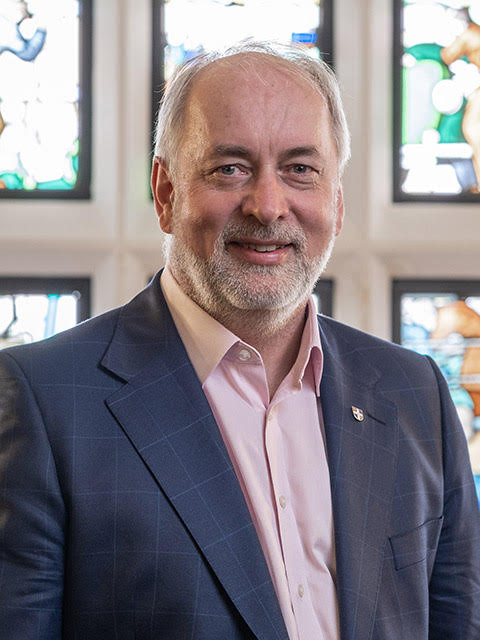There is a widely held view among higher education leaders and commentators that the current UK university funding system might lead to a crisis. More than 50 per cent of UK universities are operating in the negative with no prospect of funding levels improving. The hope that increased international student fee income will save the day is diminishing. Current policy changes are coinciding with these declining international student numbers. This scenario is replicated with less intensity in other countries, and the fate of global universities is painted as bleak.
The Japanese word for "crisis", Kiki, when written in Kanji (危機) is a combination of the characters for "dangerous" (危) and "opportunity" (機). It is possible to experience both at the same time and Japanese leaders are admired for recognising the need to respond to danger whilst striving to boldly embrace opportunity.
Sensitivity, ethics and wisdom serve leaders well in both aspects of 'Kiki leadership' when responding to challenges. Last year's emergence of generative AI caused some leaders, institutions, and regulators to see crisis and only respond with a defensive mindset.
It was eye-opening to learn that Arizona State University recently responded by announcing a strategic partnership with OpenAI, the first university to do so. This partnership liberates its staff and students to embrace, experiment and innovate with the technology, grasping opportunity. Loughborough University also made news for using AI avatars to replicate lectures from global experts and subject leaders from the design world. In both instances, a rational approach to exploring opportunity among crisis requires caution and determination in equal measure, with consideration of ethics and viability to be balanced with boldness and experimentation.
Higher education leaders are typically experts in their field of discipline, which they then apply to their wider institution. They lead diverse universities with diverse histories, seeking the opportunity to create distinct missions. Loughborough has a history of being research and sports focused, but its new strategy looks at creating a better future through partnerships with technology providers and ed-tech companies.
There are many opportunities for UK and other global universities to follow in Arizona State's footsteps. There is a strong ed-tech sector well placed to support opportunistic approaches. Forging strong partnerships with ed-tech companies can be one route to differentiation that is not well measured by rankings, but still an opportunity in current circumstances.
All universities would do well, as Loughborough has, to see itself as more than its rank. There is demonstrable evidence that rankings can hinder a university's mission and inhibit bold leadership.
Loughborough University started in a position of distinct subject specialisation, and its partnership approaches are now led by an AI computer scientist with a strong research pedigree. Will a vice-chancellor's role eventually be replaced by AI? It appears unlikely in our lifetimes, because of the role's requirement of social interaction, ethical judgement and the ability to decipher big, complex university issues.
We may need more leaders that can practice the art of Kiki. It would be easy at the start of 2024 for leaders to be overcome by a sense of crisis and to be blinded from seeing opportunity. Is the quintessential start-of-year 'all-staff email' a message that will cause a fragile culture to spiral downwards? A response that stirs an ethical and rational approach to seeking opportunity is most needed at this time.
This is a time when we least need our vice-chancellors and presidents to be formulaic and replaceable by AI. We need to see boldness and distinction that will differentiate one university from another. I reflect on these matters in this HEDx episode with Andrea Burrows and Professor Nick Jennings.
Andrea Burrows is the UK managing director for Online Education Services (OES), an education body that partners with universities across Britain and Europe to create 'student-centric' online learning. She has a professional leadership background in marketing, advertising and digital transformation across higher education, finance and professional service sectors.
Professor Nick Jennings is vice-chancellor of Loughborough University with a research background in AI and cybersecurity. He researched AI systems that use both human and software aspects to be robust and useful in large scale environments. Loughborough is a UK university renowned for its sports and research capabilities.
Do you have an idea for a story?Email [email protected]
 Campus Review The latest in higher education news
Campus Review The latest in higher education news


